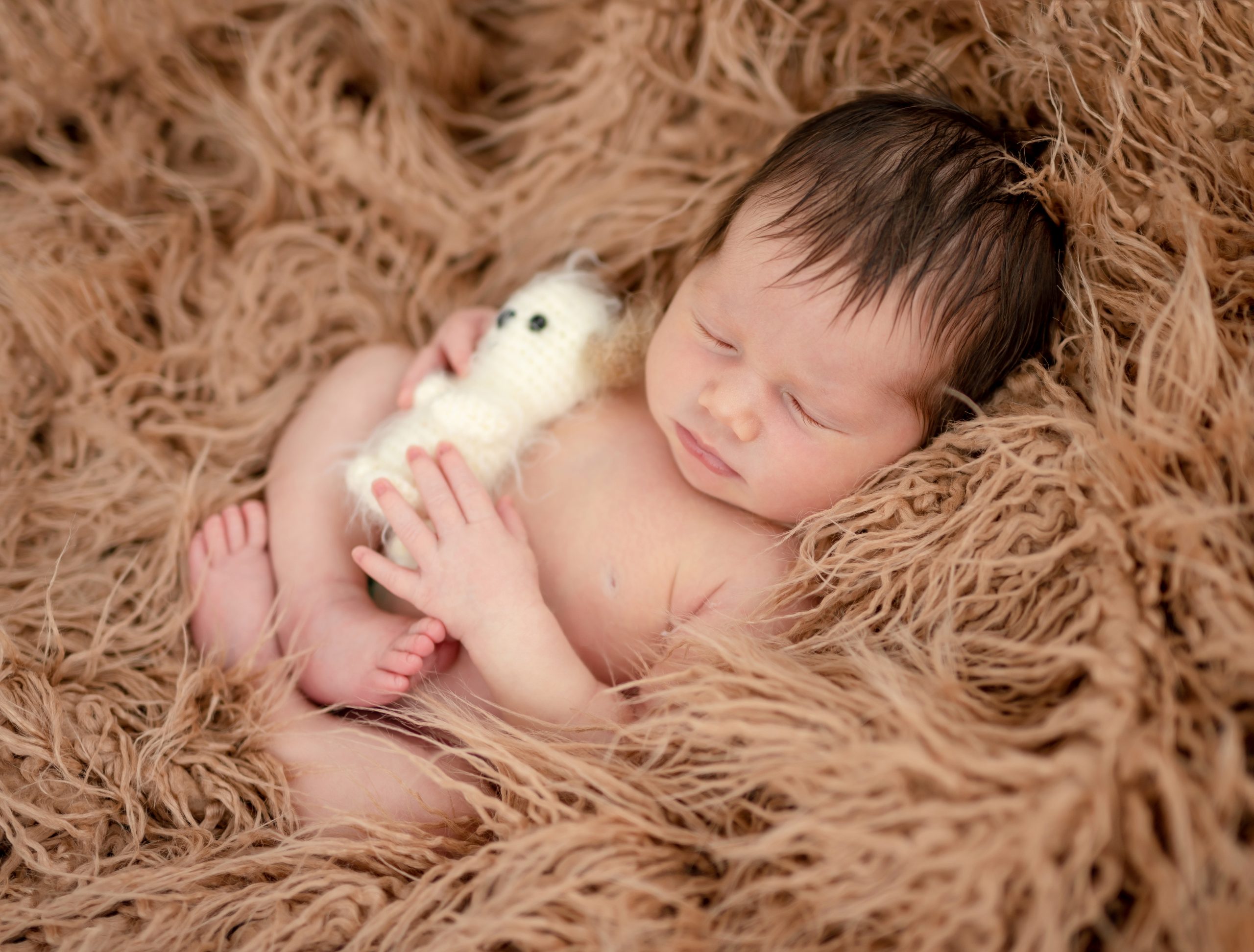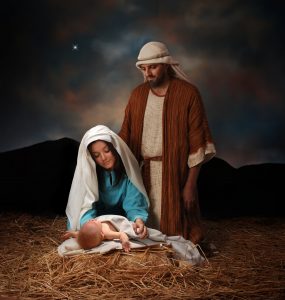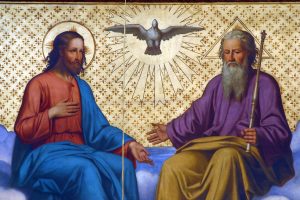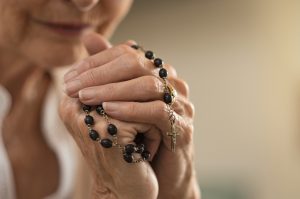
The Mystery and Reality of the Incarnation
November 11, 2022
Advent is almost upon us. Christmas is coming. In our preparation during the season of Advent for the coming of Christ, it is important for us to reflect on the incredulous nature of this event. Why is it important that God came to us in the flesh? What does this have to do with our lives now and how we celebrate the seasons of Advent and Christmas?
The Body Entered Theology Through the Main Door

“The fact that theology also includes the body should not astonish or surprise anyone who is conscious of the mystery and reality of the Incarnation. Through the fact that the Word of God became flesh, the body entered theology … through the main door” (TOB 23:4).
In my experience of learning and teaching TOB, I would say that quite often “The fact that theology also includes the body” DOES indeed surprise many people, even, or especially, devout Catholics. Based on the quote above, I suspect that we are just not conscious of the mystery and reality of the Incarnation!
Does it enter our conscious thought that GOD descended to embody a human nature? In the BODY of Mary, the Word became Flesh. We have learned since we were young that the “spiritual life” is more important, and disconnected from the body. In a sense we hear and come to believe that our soul is good and our body is bad. It doesn’t make any sense, in this line of thinking then, that our bodies could have anything to do with theology. When we dig deeply into Theology of the Body, something mind blowing comes to light. We come to realize that this idea that the body is bad is not what the church teaches. We are created in the image and likeness of a Trinitarian God. Our bodies make this visible. We are a wholly body-soul composite, and we are good.
“’The flesh is the hinge of salvation.’ We believe in God who is creator of the flesh; we believe in the Word made flesh in order to redeem the flesh; we believe in the resurrection of the flesh, the fulfillment of both the creation and the redemption of the flesh” (CCC 1015).
The flesh is the hinge of salvation according to the Catechism? How is it possible that salvation requires the flesh? “Sick, our nature demanded to be healed; fallen, to be raised up; dead, to rise again. We had lost the possession of the good; it was necessary for it to be given back to us “(CCC 457).

Although to some extent the People of God in the Old Testament had tried to understand the pathos of the human condition in light of the history of the fall narrated in Genesis, they could not grasp this story’s ultimate meaning, which is revealed only in the light of the death and resurrection of Jesus Christ” (CCC 388). The people of God just could not comprehend what God had been trying to tell them through the prophets. They did not understand that they were created in the image and likeness of God. This rupture between human persons and God that happened due to the fall was clouding their vision, causing them blindness to the true awareness of their bodies as gift. God had to send His Son, in the FLESH to give His life, to give us a clear understanding, a model of who we were created to be. “Then as one man’s trespass led to condemnation for all men, so one man’s act of righteousness lead to acquittal and life for all men”(Rom 5:18). Mankind had been wounded, broken by sin and “only in the mystery of the Word made flesh … the, mystery of man truly becomes clear” (Gaudium et spes, n. 22).
Partakers of the Divine Nature
God became man in order to give man a share in his own divinity (Pope John Paul II’s Homily on Luke 2:1-14 at Midnight Mass on December 25, 1998.)
Jesus, came in the flesh “to make us ‘partakers of the divine nature’” (CCC 460). Do we have any clue what it means to be a “partaker of divine nature?” Let’s go back to another quote from the Catechism:

“God’s very being is love. By sending his only Son and the Spirit of Love in the fullness of time, God has revealed his innermost secret: God himself is an eternal exchange of love, Father, Son, and Holy Spirit, and he has destined us to share in that exchange” (CCC 221).
The Word became flesh to be our model of holiness” (CCC 459). God sent his son to show us who we are. He sent His son to allow us the opportunity once again to participate in the eternal exchange of love, to give us the grace needed to restore the relationship broken by the fall.
What do we have to do to share in the divine nature of God, to participate in this Eternal Exchange of Love that the Catechism talks about? Let’s hear what Pope St. John Paul II has to say about that. “By his birth he draws us all into the sphere of the divine, granting to those who in faith open themselves to receiving his gift the possibility of sharing in his own divine life.” We must be open to receive what God has for us. We must listen and receive and respond in love. How do we do that? Look to Mary, who, in her openness received the seed of heaven and bore the Son of God. No one is a better example for us.

As Advent comes upon us and the busyness of the season threatens to take all of our time, meditate on the mystery of the Incarnation. Allow God to show you who He is and how much He loves you! Be faithful in the time you have set aside for conversation with your Heavenly Father. Open your heart so that you can enter in into that Eternal Exchange of Love that the Catechism says is your destiny. Go to confession. Prepare for the coming of God in the flesh by recognizing the mystery and reality of the Incarnation. Nothing is more important.

Written by,
Kathleen Cory,
Regional Curriculum Consultant (South) for Ruah Woods Institute
kcory@ruahwoods.org
Share